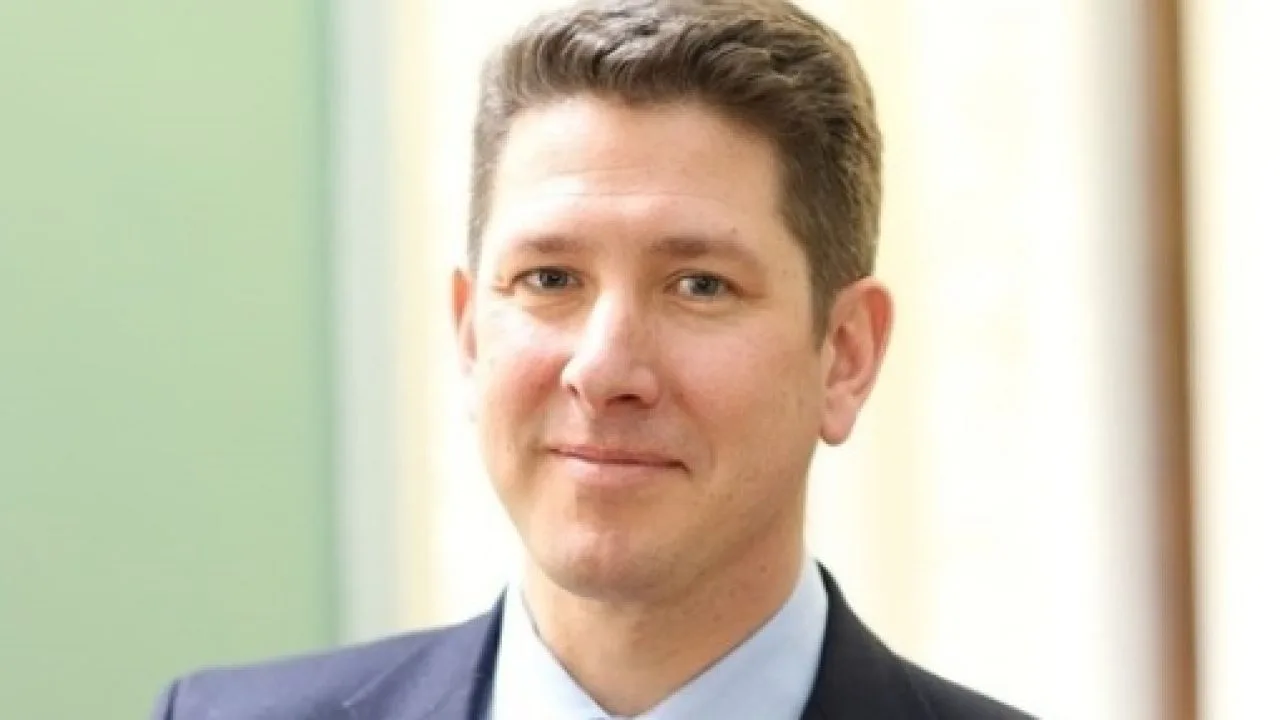ISLAMABAD, July 20(ABC): British High Commissioner on Tuesday observed that Pakistan’s population was going to double in the next 30 years putting a huge burden on its resources that demanded proper response to address the pressing issue.
The British envoy made these remarks during a ceremony to commemorate the World Population Day, a collaborative event was conducted here in a joint effort of the United Nations Population Fund (UNFPA) Pakistan, British High Commission, Ministry of National Health Services, Regulations & Coordination (NHSRC), and Population Programme Wing (PPW), the event revolved around the theme”A world of 8 billion: Towards a resilient future for all – Harnessing opportunities and ensuring rights and choices for all,” a news release said. While addressing the event, British High Commissioner, Christian Turner said, “The business-as-usual approach needs to stop. It is important to talk about family planning.
The UK is the largest donor on Family Planning in Pakistan and has been supporting the country since 2012. Delivering Accelerated Family Planning in Pakistan (DAFPAK) is a £90 million programme that has so far reached 7 million family planning users mostly from marginalised communities. The UK remains committed to support Pakistan.”
While addressing the World Population Day event via a video testimonial, President Dr Arif Alvi expressed concern over the constant population growth and the meager resources available in Pakistan. He said that the government needs to exercise all options to sensitize the public about negative implications of population growth not only on human health, especially of mother and child, but also on economic as well as social life of people. Minister for Health, Abdul Qadir Patel remarked that Pakistan’s population is likely to double in the next 30 years. He stressed that all partners and stakeholders including civil society organizations and NGOs should come together and join hands with the government to address this growing issue.

